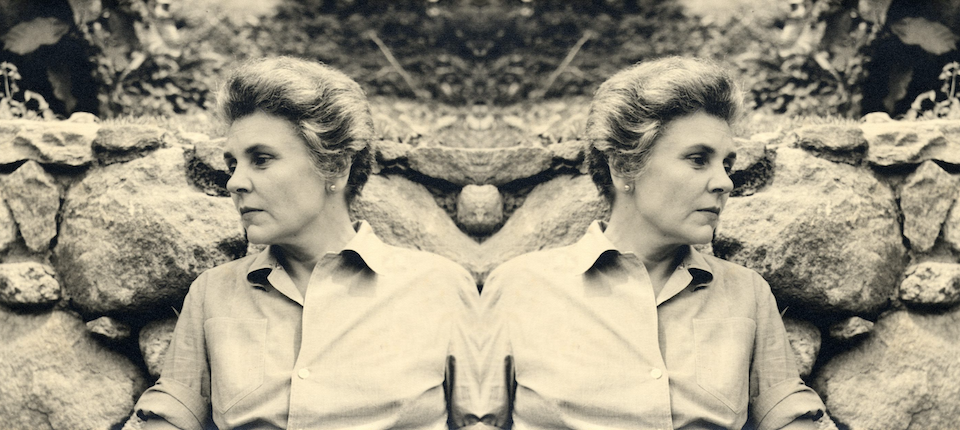Lit Hub Daily: February 5, 2024
THE BEST OF THE LITERARY INTERNET

TODAY: On “the fifth of/February 1918,” a soon-to be seven year-old girl called Elizabeth Bishop accompanied her aunt to a dentist’s appointment. Fifty years later, she published a poem about her experience called “In the Waiting Room.”
-
Kirsty Gunn on novelist Rosalind Belben’s unappealing appeal. | Lit Hub Criticism
- “Today, Stein’s legacy lay more with her persona than it does with her actual work.” Remembering Gertrude Stein as a subversive queer poet on her 150th birthday. | Lit Hub
- Looking for an otherworldly adventure? These are February’s best sci-fi and fantasy books. | Lit Hub
- “For its very lack of militancy, Ladies has to be one of the most unusual, most hopeful, and funniest novels to come out of the Civil Rights era.” Erik Wood considers the writing of his uncle, Henry Van Dyke. | Lit Hub
- On the origins and repercussions of the current humanitarian crisis at the southern U.S. border: “Immigration policy is governed by a politics of permanent crisis, with the border as its staging ground.” | Lit Hub Politics
- “I found myself at Koszmar Circus, beneath the old bandstand’s prominent, pyramid-shaped roof, contemplating a UFO.” Read from Isabel Waidner’s new novel, Corey Fah Does Social Mobility. | Lit Hub Fiction
- Book banners in Florida are finally standing up to goblin butts. | The New Republic
- “His implacable drive to examine the Black experience, the disingenuous nature of the American dream, the reality of pain and sorrow and what it does to the soul—that is what makes him the bard of the existential African American psyche.” S.A. Cosby on Chester Himes. | The New York Times Book Review
- Why leave earth? This is how authors justify going to space. | Reactor
- “It’s great to kind of see the influence of those pioneers on a lot of the women today and just see people try different things.” Nadirah Simmons on the history of women in hip-hop and how the scene has changed. | Teen Vogue
- The Argylle book conspiracy, explained. | Vox
- Great news for fans of delicious food, friendly luxury, and Jeffrey: Ina Garten’s memoir is coming out this year. | The Cut
- “The way it uses language is absolutely vital to its job of sweeping up passions, not at the expense of analytical rigor, but imbricated with it.” China Miéville on the enduring power of The Communist Manifesto. | Jacobin



















